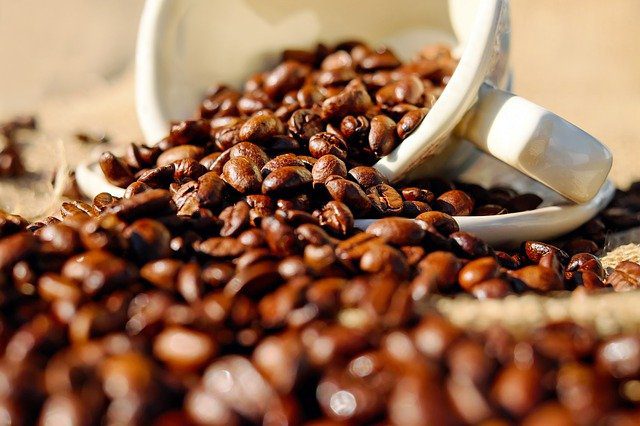Natural Caffeine vs Synthetic Caffeine. Which is Best?
Caffeine is considered to be one of the most frequently used supplement ingredients all across the world in many different products, and for a good reason — it works. One of the most common uses of caffeine is in the form of coffee. There are many people who rely on the caffeine content found in coffee to get them through their day and even workout. Some can get away with low doses, while others need incredibly high doses. However, many people do not know that there are different sources of caffeine, which is why we are going to discuss the two types of caffeine – natural caffeine and synthetic caffeine.
Related Article: Is Caffeine Overdose Really a Thing?
Caffeine is a common ingredient found in drinks such as coffee, tea, energy drinks, and soft drinks like Coca-Cola, Pepsi, etc. There are many sources of caffeine that can be utilized, and they all don’t have the same effects on people. Some sources are natural, plant-based, and some are even synthetically produced.
Let’s take a look at what natural caffeine is as well as what synthetic caffeine is to get a better understanding of how they differ.
Natural Caffeine
If we go back to its roots, caffeine was first found in naturally occurring plants such as guarana, cacao, yerba mate, and berries. In present times, it can be found in over 60 various types of plants.
While natural caffeine can be found and sold as a standalone supplement, it’s generally not the most commonly found product on the shelves and online. Instead, natural caffeine can be found in many different supplement profiles from fat-burners, to pre-workouts, to straight-up energy products.
Related Article: Does Caffeine No Longer Energize You?
You may also find caffeine in vitamins and methylxanthines, which balance the up and down of energy from caffeine in your system and help deliver it to your body in a stable manner. Essentially, natural caffeine provides a more sustainable and cleaner boost of energy in comparison to synthetic caffeine, and it also allows for heightened focus and cognition. If you’ve ever used different forms of caffeine, you may have noticed and experienced a quick jolt of energy but then an abrupt crash that soon follows.

Unlike synthetic caffeine, natural caffeine generally does not have any side effects such as insomnia, nervousness, and anxiety, to name a few. It is because of the gradual release of natural caffeine into your system that many of the side effects associated with synthetic caffeine are nonexistent. There is no sudden release that can cause jitters or uneasiness.
Related Article: Caffeine Myths You Need to Know
You can take a glance at the nutritional panel of a product to see if it has natural caffeine or synthetic caffeine, as many of them will break down what source of caffeine is used.
Click here to continue reading…


*Disclosure: This article may contain affiliate links or ads, which means we earn a small commission at no extra cost to you if you make a purchase through these links. These commissions help support the operation and maintenance of our website, allowing us to continue producing free valuable content. Your support is genuinely appreciated, whether you choose to use our links or not. Thank you for being a part of our community and enjoying our content.
PLEASE CONSIDER SHARING THIS ON YOUR SOCIAL MEDIA TO HELP OTHERS LEARN MORE ABOUT THIS TOPIC. SIMPLY CLICK BELOW!

